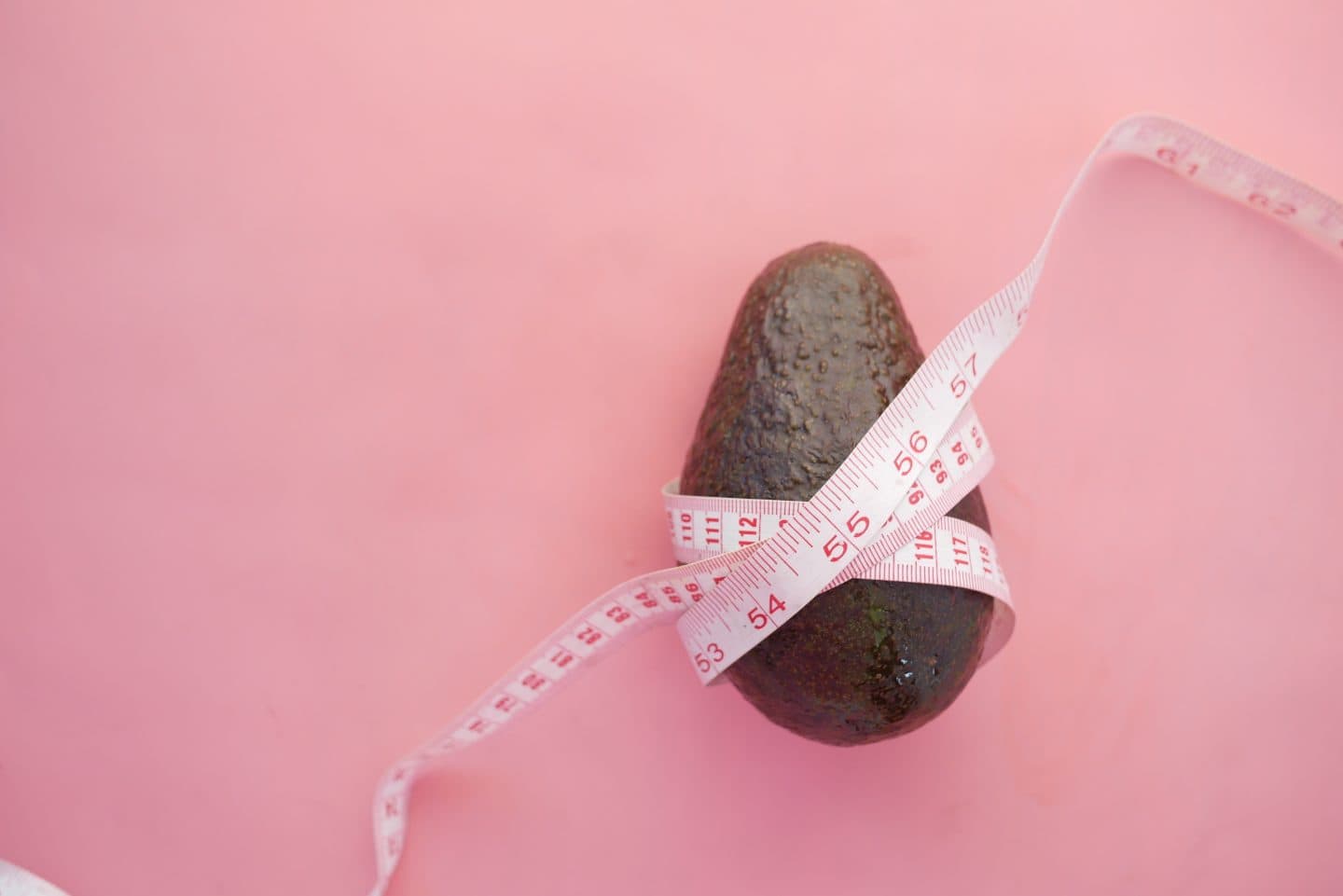
Water retention, also known as oedema, is a common condition that occurs when excess fluids build up in the body’s tissues. While mild water retention is often common and harmless, severe cases can be uncomfortable and may indicate an underlying health issue. If you are looking at how to reduce water retention fast, then this blog post will outline some key information and effective strategies on how to lose water weight fast. Water retention is something I have had experience with on and off throughout my life. I always make sure I speak to a doctor if it seems to be ‘out of the blue’, and I recommend you do the same – we can never be too careful when it comes to health.
What is Water Retention, Why You May Have It
Water retention is the accumulation of fluid in the body’s tissues, leading to swelling and bloating. The fluid typically gathers in the feet, ankles, and hands but can affect other body parts as well. It can be quite common and doesn’t necessarily signify anything serious.
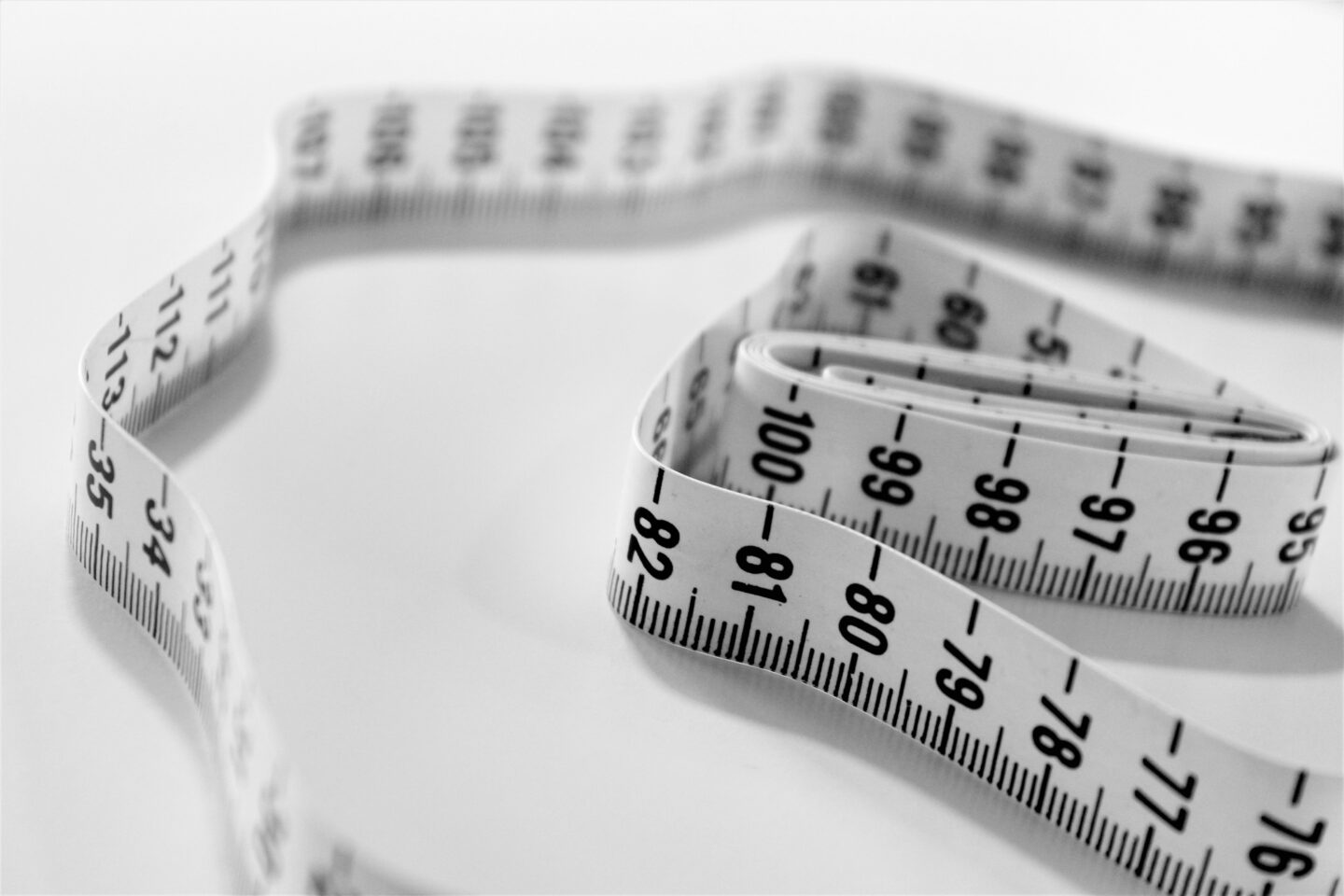
What Factors Contribute to Water Retention?
Dietary Choices:
Consuming a diet high in sodium can cause the body to retain more water. Sodium attracts and holds onto water, leading to fluid retention. I recently wrote about ways to reduce salt intake from food for this very reason. Since beginning my weight loss journey, I have noticed that some of the food I have been logging as part of a calorie-controlled diet contains high levels of sodium. This is not good for your health, but it could also see you wondering how to reduce water retention fast!
Hormonal Changes:
Fluctuations in hormones, particularly during the menstrual cycle, can contribute to water retention in women. This is often why women feel uncomfortable and bloated around that time of the month. It is also a contributor to why their weight increases during their monthly cycles. It is quite often for this to settle down once you are no longer in your menstrual cycle.

Sedentary Lifestyle:
Lack of physical activity may impede proper circulation, leading to fluid buildup in the tissues. Being in one position for an extended period can hinder blood flow and promote water retention, like sitting at a desk all day with little movement. Lockdown saw a dramatic decrease in physical activity and, as a result, meant that some people fell into sedentary habits. I certainly don’t enjoy going to the gym, but some physical exercise helps my mind and improves any water retention issues.
Medications:
Certain medications, such as some anti-inflammatory drugs and blood pressure medications, can cause water retention as a side effect. It’s always best to check the labels of medications you are taking frequently for updates on symptoms like this so you can be aware of how they may affect you.

Medical Conditions:
Conditions like kidney disease, heart failure, and liver disease can disrupt the body’s fluid balance and cause oedema. Make sure you mention water retention as a symptom during your checkups to ensure you receive the most accurate support.
Common Symptoms
Recognising the signs of water retention can help individuals identify if they are experiencing this condition:
- Swollen body parts, especially the ankles, feet, and hands.
- Bloated or heavy feeling in the affected areas.
- Puffy face.
- Stretched or shiny skin.

When to Seek Medical Advice
If you are asking yourself how to reduce water retention fast, then it is always advised if there is a change in your body of any kind to speak to a medical professional for advice. In most cases, mild water retention can be managed with lifestyle changes and natural remedies and is no cause for great concern. However, it is essential to consult a healthcare professional immediately if you experience:
- Sudden and severe swelling.
- Shortness of breath.
- Chest pain.
- Abdominal pain or swelling.
- Coughing up blood.
These symptoms could indicate an underlying medical condition that requires immediate attention. If your water retention is sudden and new, then speak to a healthcare professional for peace of mind.

How to Reduce Water Retention Fast
1. Reducing Sodium Intake:
Cutting back on sodium is one of the most effective ways to reduce water retention. High levels of sodium in the diet can lead to fluid retention, especially in sensitive individuals. Limit processed and packaged foods, as they often contain hidden salt. Instead, focus on fresh fruits and vegetables, lean proteins, and whole grains. It may be worth logging your food intake using an online app to analyse how much sodium you are consuming – you may be surprised at how high the levels are!
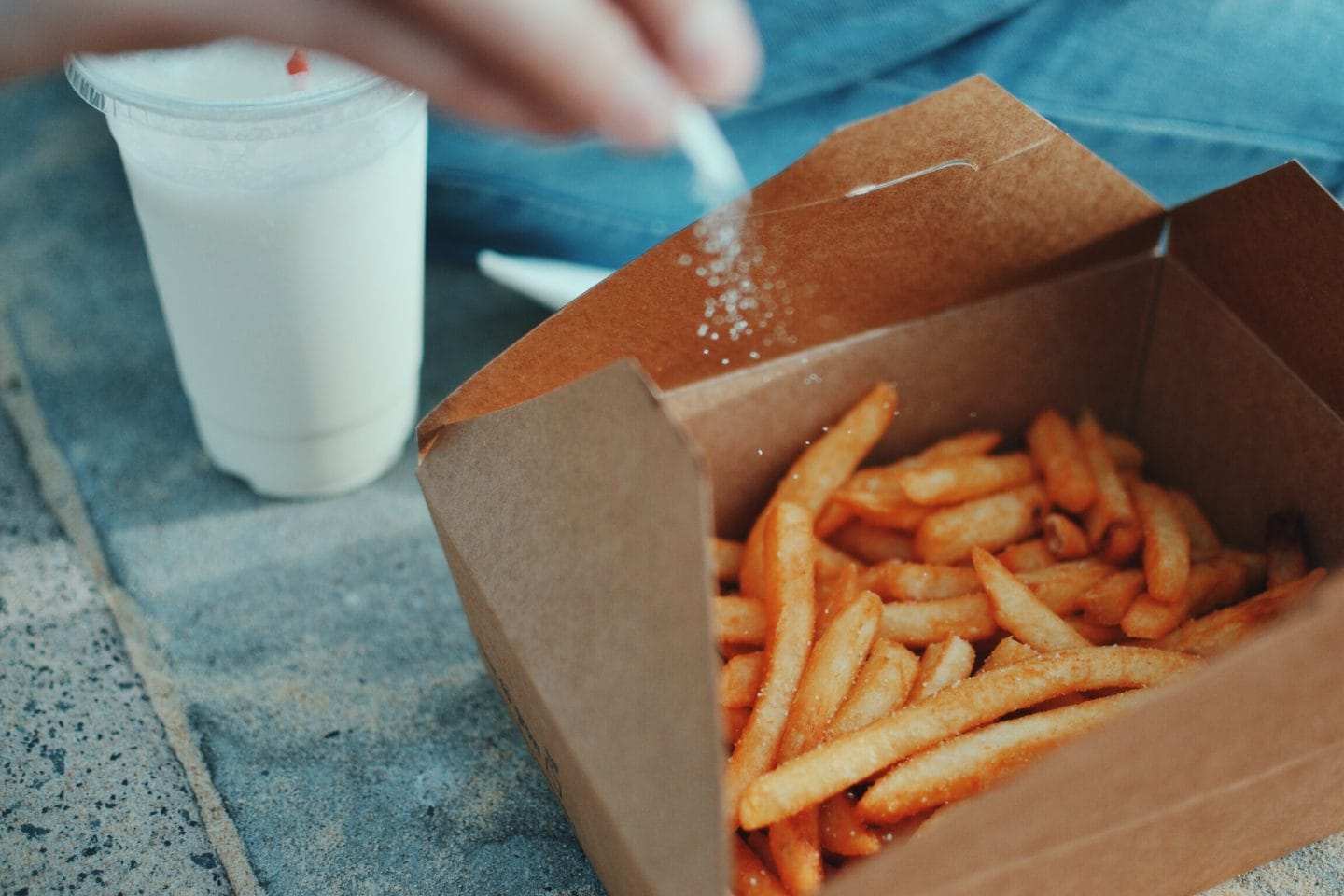
2. Increasing Water Consumption:
If you are considering how to reduce water retention fast, then it might seem counterintuitive to consume more water. Staying hydrated is crucial for reducing water retention, and you need to make sure you are hitting your daily water goals even if you feel your body is retaining water. When the body senses dehydration, it holds onto water to maintain fluid balance. By drinking the correct amount of water daily, the body will release the stored fluids.
3. Incorporating Potassium-Rich Foods:
Potassium helps regulate the body’s fluid balance and counteracts the effects of sodium. Include potassium-rich foods such as bananas, avocados, spinach, oranges, and sweet potatoes in your diet to keep balanced.
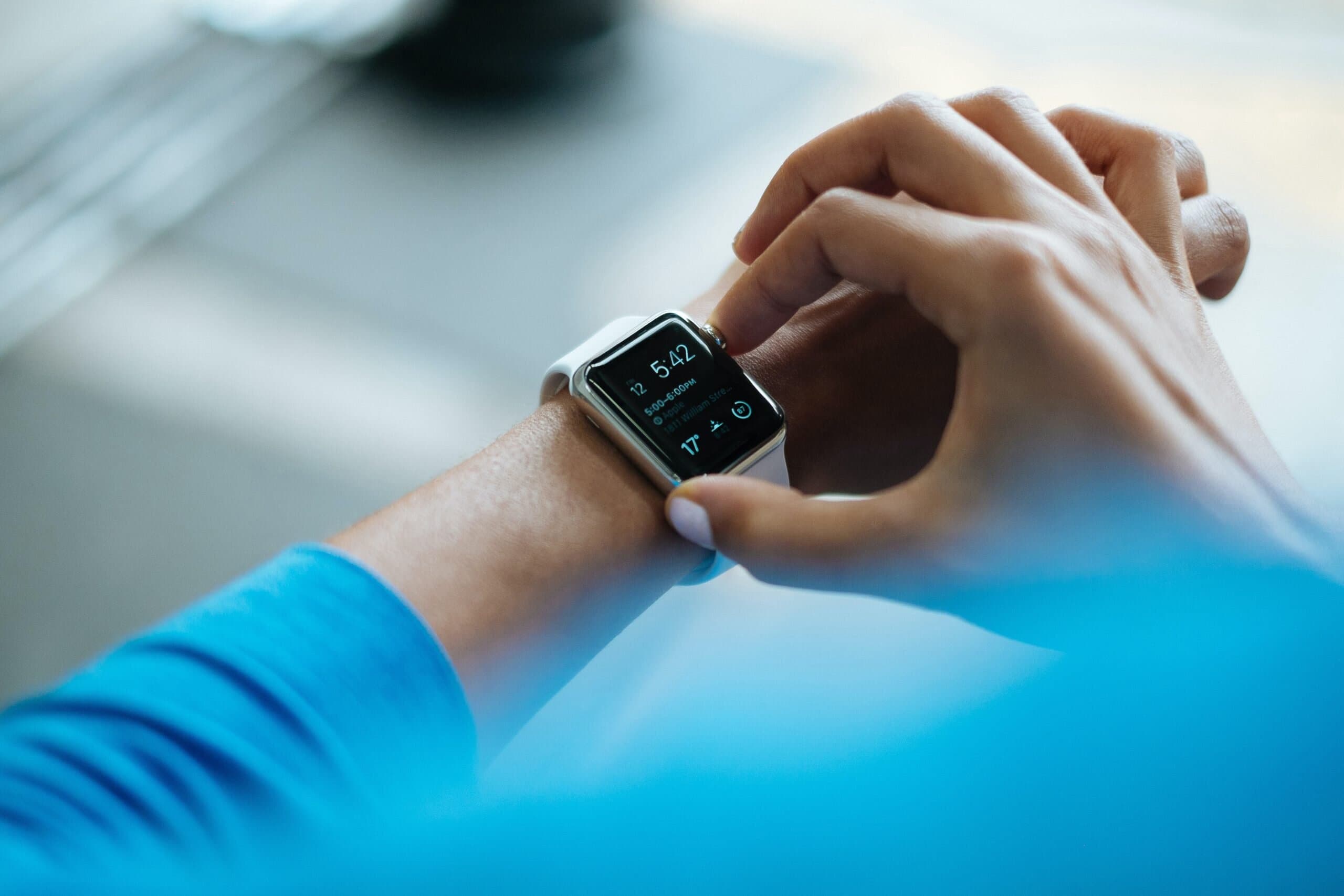
4. Regular Exercise:
Engaging in regular physical activity improves blood circulation, which can help prevent water from pooling in the extremities. Simple activities like walking, swimming, or yoga can be beneficial. Of course, if you have extreme swelling, always consult a doctor first! If you work at a desk, make time to get up and walk around the office intermittently to prevent water retention.
5. Elevating Your Legs:
If long hours sitting or standing are a fact of life for you, try elevating your legs above heart level for 20-30 minutes several times a day. This can promote fluid drainage and help reduce swelling.
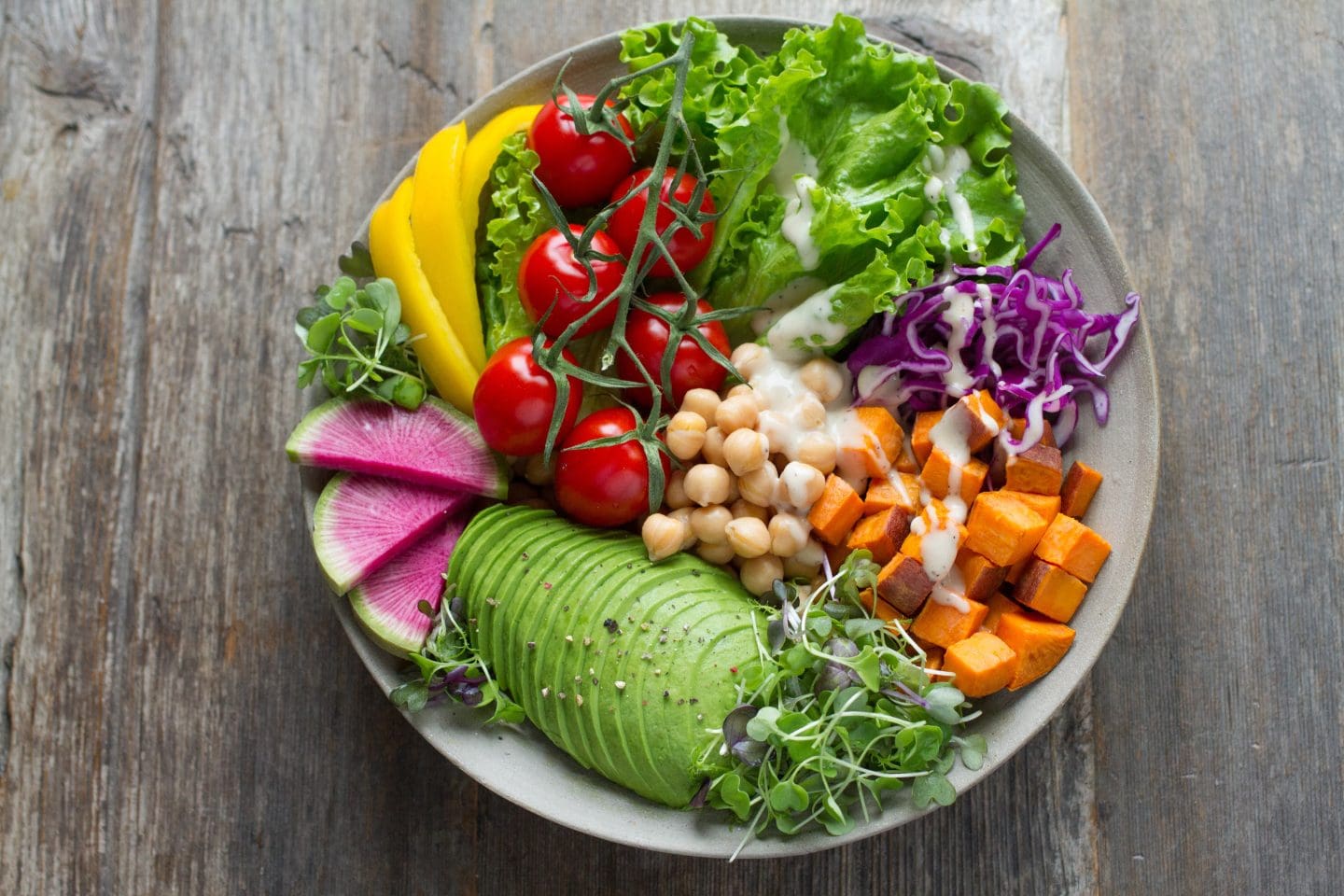
6. Avoiding Caffeine, Alcohol:
Caffeine and alcohol can both dehydrate the body, which can potentially lead to increased water retention. Limiting or avoiding these beverages can help maintain proper fluid balance. Remember to up your water intake to counteract the dehydrating properties of these drinks.
7. Diuretic Foods:
Some foods have natural diuretic properties that promote urination and help eliminate excess fluid. Examples include cucumber, celery, watermelon, and asparagus. Try to Incorporate these foods into your diet to support the reduction of water retention.
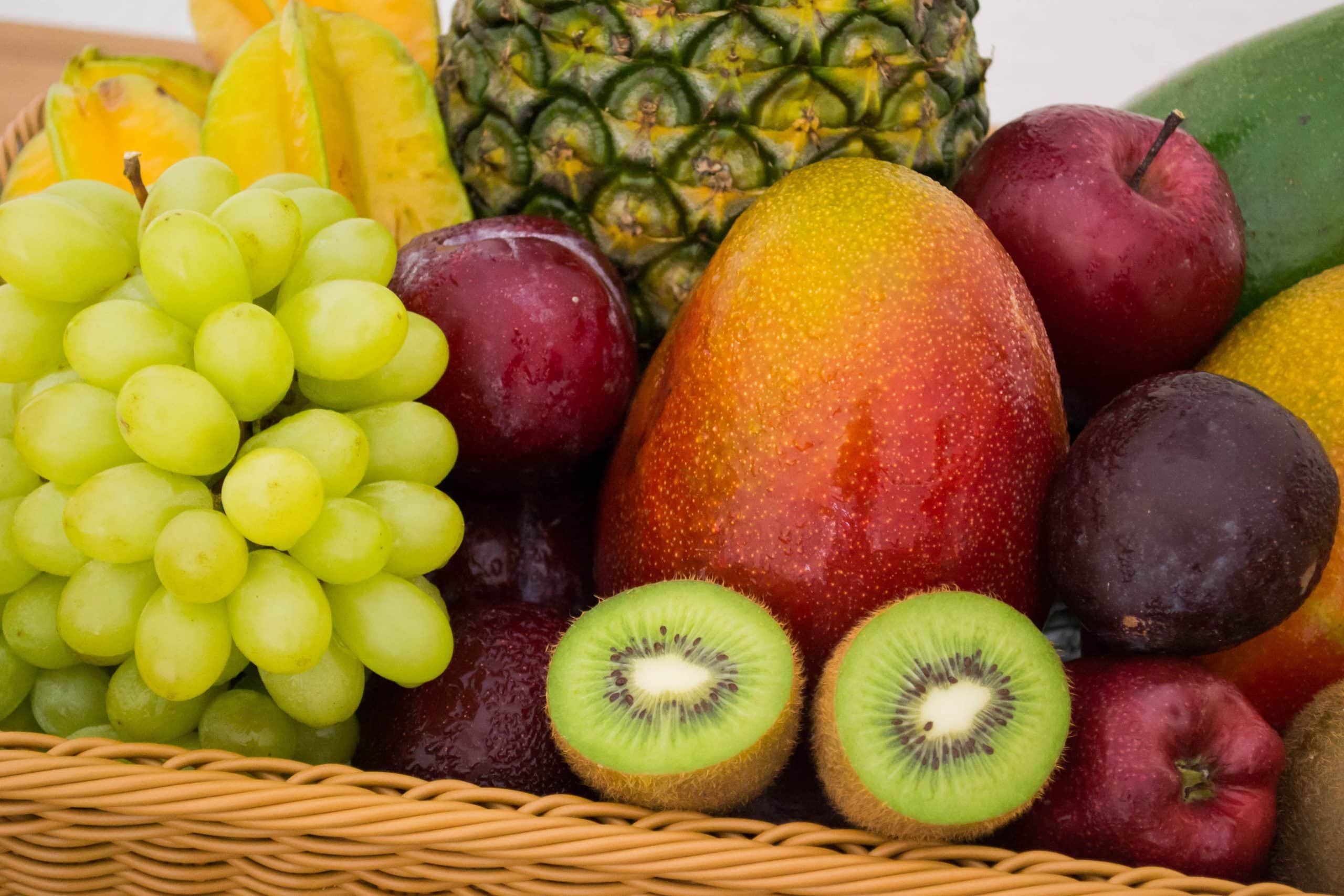
In Conclusion
Water retention can be uncomfortable, but with the right approach, it is manageable and often preventable. Upon first discovering new symptoms, you should always consult with a medical professional just to be sure. By making simple changes to your diet and lifestyle and utilising natural remedies, you can reduce water retention fast and improve your overall well-being. Of course, if you experience an increase or severe/sudden symptoms, don’t hesitate to consult a healthcare professional to rule out any underlying medical conditions. With some knowledge and a few changes, you can learn how to reduce water retention fast and achieve a better sense of well-being.
If you want further support and company on your weight loss journey, join my free Facebook Group here. Oh and If you have found this website and articles useful and you’d like to know how you can say thank you, then I am always appreciative to receive a virtual coffee here.
Thank you for stopping by! Check out my last post here.
Love as always!

 More From Me
More From Me
Want to find out more about me? Head over to this page. If you like reading posts like this then you might want to follow me over on Bloglovin. Don’t forget you can find me on Instagram, Facebook, Twitter & YouTube.
As always words, views and opinions are honest and my own. Links marked with “*” are affiliate links. This does not cost you anything additional but it may mean I earn a small percentage from any sales. For more information about any of this please head over to this page.
